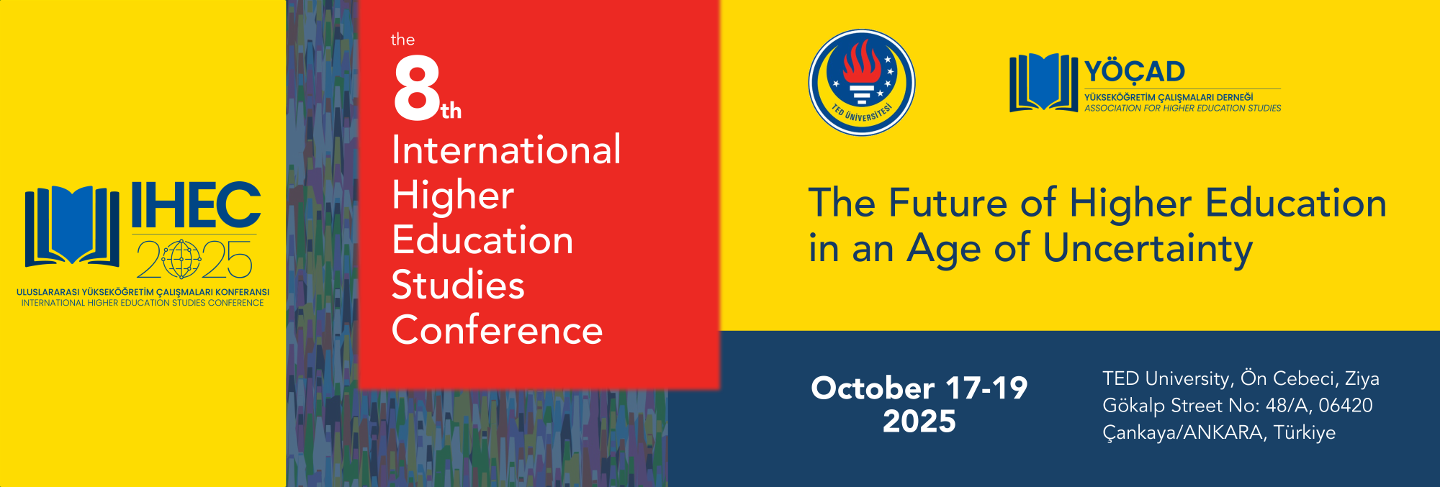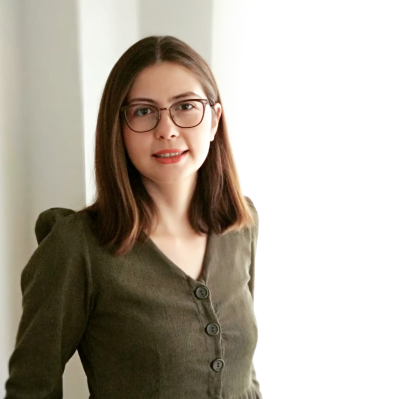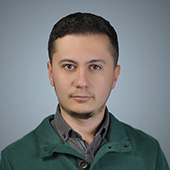Participation Types
Oral Presentation (15 minutes)
Oral presentations typically cover completed or nearly completed research. Researchers will present their work and then respond to any explanatory feedback and questions from the audience and session chair. Presenters should be careful with their time allocation, and session chairs may adjust the timing based on the number of presentations. Each oral presentation will be planned for 15 minutes.
Abstract for Oral Presentation: The abstract should be between 500-750 words, excluding references, and include the following sections:
- Description of the problem,
- Aim of the study or Research question(s),
- Conceptual/Theoretical Framework,
- Research Method (for empirical work),
- Findings (preliminary findings for work in progress)/Discussion points, and
- Conclusion.
You can download the oral presentation format from this link. (docx)
Symposium (60-90 minutes)
Each symposium proposal must include minimum 3 maximum 5 presentations. The Symposium Discussant must introduce symposium presenters and submit the proposal (symposium summary and symposium presentation abstracts).
Symposium Summary: Excluding references, the summary should be between 500-700 words and include the description of the symposium, its purpose, conceptual/theoretical framework, the contribution of symposium presentations to the symposium, discussion points and conclusion.
Symposium Presentation Abstracts: Each abstract, excluding references, should be between 300-500 words and include the following sub-titles:
- Description of the problem,
- Aim of the study or Research question(s),
- Conceptual/Theoretical Framework,
- Research Method (for empirical work),
- Findings (preliminary findings for work in progress)/Discussion points, and
- Conclusion.
You can download the symposium format from this link. (docx)
Roundtable (time for presentation: 10 minutes)
Roundtable sessions allow high interaction among presenters and with attendees. It would be more appropriate for junior researchers and work-in-progress research studies. The discussions will take place in a small group of session presenters clustered around shared interests in a roundtable/boardroom setting. A moderator who is knowledgeable about the research area facilitates interaction and participation. The moderator introduces the discussion topic and session presenters briefly. Then, the discussion focuses on specific questions and challenges. The conclusions such as key-learnings, ideas on the next steps and concrete actions are drawn.
Abstract for Roundtable Session: Session presenters are required to submit a paper or commentary paper addressing central questions regarding the issue under consideration. Excluding references, the abstract should be between 350-400 words. Commentary papers need to address the elements required for paper submissions:
- Purposes;
- Perspectives(s) or theoretical framework;
- Methods, techniques or modes of inquiry;
- Data Sources,
- Results and/or substantiated conclusions for arguments, and
- Expectations from the session regarding the research and/or questions
You can download the roundtable format from this link. (docx)
Guidelines for Authors
The conference languages are Turkish and English. Those who submit abstracts in English are required to present in English.
IHEC 2025 is a peer-reviewed scientific conference. All submitted papers/symposiums will be evaluated by at least two expert reviewers within the framework of a double-blind review process. Acceptance or rejection decisions will be based on the reviewers’ evaluations.
Participants of jointly authored works must each pay the participation fee to attend the conference. A participant may present a maximum of two papers, and an author’s name may appear in up to three papers.
To be included in the conference program, registration must be completed by September 19, 2025.



